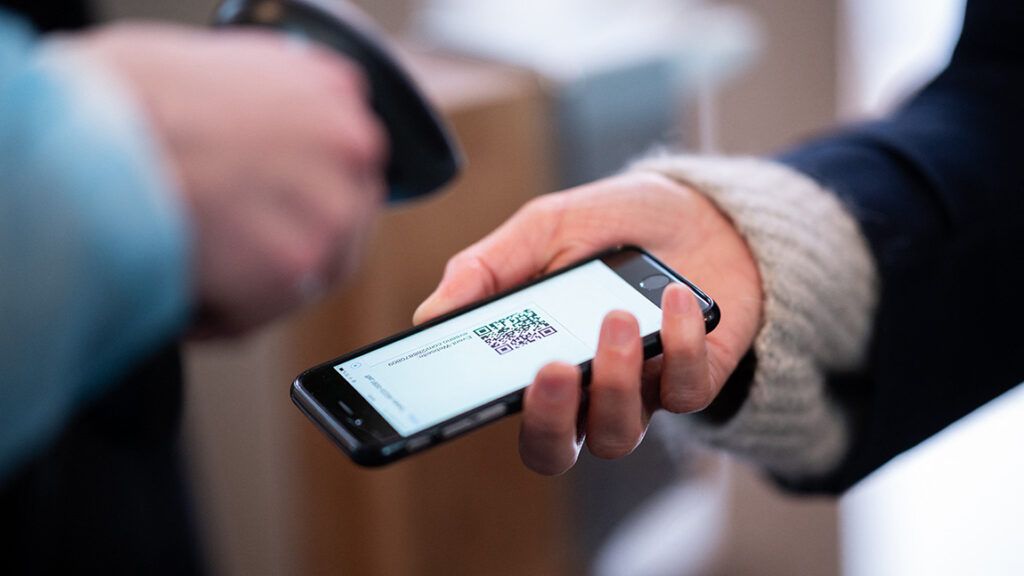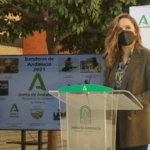As of today, the EU Digital COVID Certificate Regulation enters into application. This means that EU citizens and residents will now be able to have their Digital COVID Certificates issued and verified across the EU. 21 Member States as well as Norway, Iceland and Liechtenstein had already started to issue certificates ahead of today’s deadline, and five EU countries are starting today.
The Commission’s work on the EU Digital COVID Certificates was led by Commissioner Didier Reynders in close cooperation with Vice-Presidents Vera Jourová and Margaritis Schinas and Commissioners Thierry Breton, Stella Kyriakides, and Ylva Johansson.
Welcoming the entry into application of the EU Digital COVID Certificate, President Ursula von der Leyen said:
“The European Union is delivering for its citizens. The European Digital COVID Certificate is a symbol of an open and safe Europe that is opening cautiously putting the protection of the health of our citizens first.
In March, we promised to have an EU-wide system to facilitate free and safe travel within the EU by the summer holidays. Now we can confirm that the EU Digital COVID Certificate system is up and running.
A vast majority of EU Member States are already connected to the system and ready to issue and verify the Certificates. More than 200 million certificates have already been generated.
We are helping Europeans get back the freedom they value and cherish so much.”
EU Digital COVID Certificate
The aim of the EU Digital COVID Certificate is to facilitate safe and free movement in the EU during the COVID-19 pandemic. All Europeans have the right to free movement, also without the certificate, but the certificate will facilitate travel, helping to exempt holders from restrictions such as quarantine.
The EU Digital COVID Certificate will be accessible for everyone and it:
- covers COVID-19 vaccination, test and recovery;
- is free of charge and available in all EU languages;
- is available in a digital and paper-based format;
- is secure and include a digitally signed QR code;
Under the new rules, Member States must refrain from imposing additional travel restrictions on holders of an EU Digital COVID Certificate, unless they are necessary and proportionate to safeguard public health.
In addition, the Commission committed to mobilising €100 million under the Emergency Support Instrument to support Member States in providing affordable tests.
Background
On 17 March 2021, the European Commission presented a proposal to create an EU COVID Certificate to facilitate the safe free movement of citizens within the EU during the pandemic. On 20 May, co-legislators reached a provisional agreement. On 1 June, the technical backbone of the systems, the EU gateway, went live, which allows the verification of the security features contained in the QR codes. In time for the 1 July deadline, all 30 EU and EEA countries are linked live to the gateway. As of 1 June, the first Member States started to issue certificates; in total, 21 EU countries anticipated the deadline of 1 July.
Following the official signature on 14 June, the Regulation was published on 15 June. It enters into application today, 1 July, with a phasing-in period of six weeks for the issuance of certificates for those Member States that need additional time.







Leave a Reply